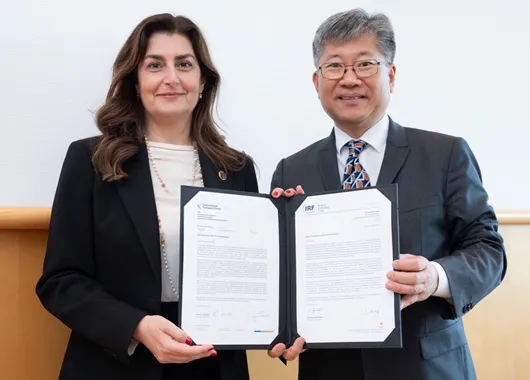Rolls-Royce and VTT Technical Research Centre of Finland have announced a strategic partnership to design, test and validate the first generation of remote and autonomous ships. The new partnership will combine and integrate the two company’s unique expertise to make such vessels a commercial reality.
Rolls-Royce is pioneering the development of remote controlled and autonomous ships and believes a remote controlled ship will be in commercial use by the end of the decade. The company is applying technol
November 15, 2016
Read time: 2 mins
Rolls-Royce is pioneering the development of remote controlled and autonomous ships and believes a remote controlled ship will be in commercial use by the end of the decade. The company is applying technology, skills and experience from across its businesses to this development.
VTT has deep knowledge of ship simulation and extensive expertise in the development and management of safety-critical and complex systems in demanding environments such as nuclear safety. They combine physical tests such as model and tank testing, with digital technologies, such as data analytics and computer visualisation. They will also use field research to incorporate human factors into safe ship design. As a result of working with the Finnish telecommunications sector, VTT has extensive experience of working with 5G mobile phone technology and wi-fi mesh networks. VTT has the first 5G test network in Finland.
Working with VTT will allow Rolls-Royce to assess the performance of remote and autonomous designs through the use of both traditional model tank tests and digital simulation, allowing the company to develop functional, safe and reliable prototypes.







